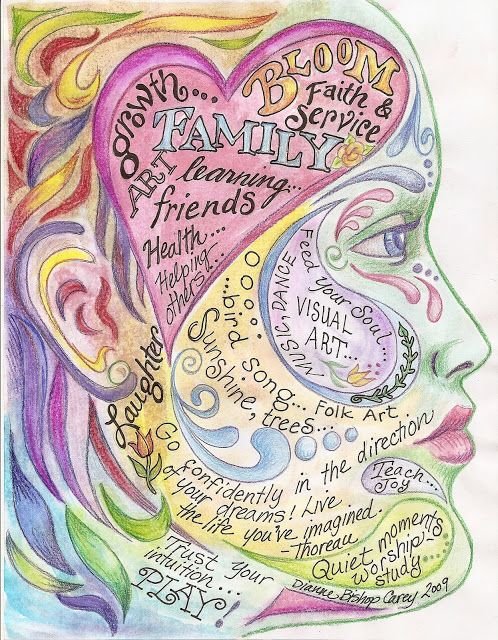The Connection Between Trauma, Anxiety, Depression, and Neurodivergence
Anxiety, depression, complex trauma, and neurodivergence (ADHD, autism, or sensory processing differences) often co-occur. It's not easy to tease these experiences apart. They interact, overlap, and sometimes mask one another. What looks like anxiety might also be a trauma response. What gets labeled as depression might actually be deep exhaustion from years of masking or unmet needs. While it can be incredibly frustrating and exhausting to try to make sense of these overlapping symptoms, it's important to remember that these labels are just that: signposts we have created to help us make sense of our experiences. When we slow down and get curious, we are able to step back and see the fuller picture. And with that understanding comes the possibility of true healing.
The messy overlap no one talks about enough
Complex trauma (trauma that’s relational, chronic, and often began in childhood) shapes our nervous system, our sense of safety, and our beliefs about ourselves. It can leave us constantly scanning for danger, feeling like we’re “too much” or “not enough,” or needing to disconnect to get through the day.
Anxiety and depression often grow out of those conditions. Anxiety can be a part that’s always preparing for something to go wrong. Depression might be a part that’s learned to shut down as a way to survive overwhelm or despair.
Neurodivergence adds another layer. When the world isn’t built for your brain or body, it can be deeply dysregulating. Many neurodivergent people have grown up being told they’re lazy, disorganized, too sensitive, or hard to understand -- messages that can lead to shame, masking, or burnout. If that sounds like trauma, it’s because it is!
Those who are neurodivergent may be more vulnerable to trauma, especially if their needs weren’t understood or supported growing up. Trauma can also mimic or intensify neurodivergent traits, making it hard to know what’s “you” and what’s a response to what you’ve lived through.
How can Internal Family Systems help?
IFS gives us a way to meet all of this complexity with compassion. Instead of trying to label or fix the different parts of you, IFS invites you to get curious about them.
That anxious part? It’s working overtime to scan your environment and keep you safe. The shutdown part? It’s likely protecting you from the overwhelm of all you have experienced. The masking part? It helped you survive in spaces that didn’t welcome your differences. In IFS, all of these parts are welcome. None of them are bad. They’re trying, in their own ways, to protect you.
What I appreciate most about the IFS approach is that it doesn’t pathologize. It doesn’t tell you who you should be. It helps you come into relationship with your inner system and gradually helps you lead from a place of deeper Self-energy: a place that is calm, compassionate, and connected.
You don't have to untangle this all alone
IFS offers a map for healing that honours both your pain and your strengths. Whether you’re navigating trauma, anxiety, depression, neurodivergence, or all of the above, there’s room for all of you here.
You don’t need to be fixed. You need space to feel, to be understood, and to come home to yourself.
Curious about working together?
Looking for a therapist who specializes in trauma, anxiety, depression and neurodivergence in BC? I would love to hear from you. You can learn more about my approach here. If you’re ready to connect, you can reach out via the contact form below, or click the button below to book in a free 20-minute consult.


